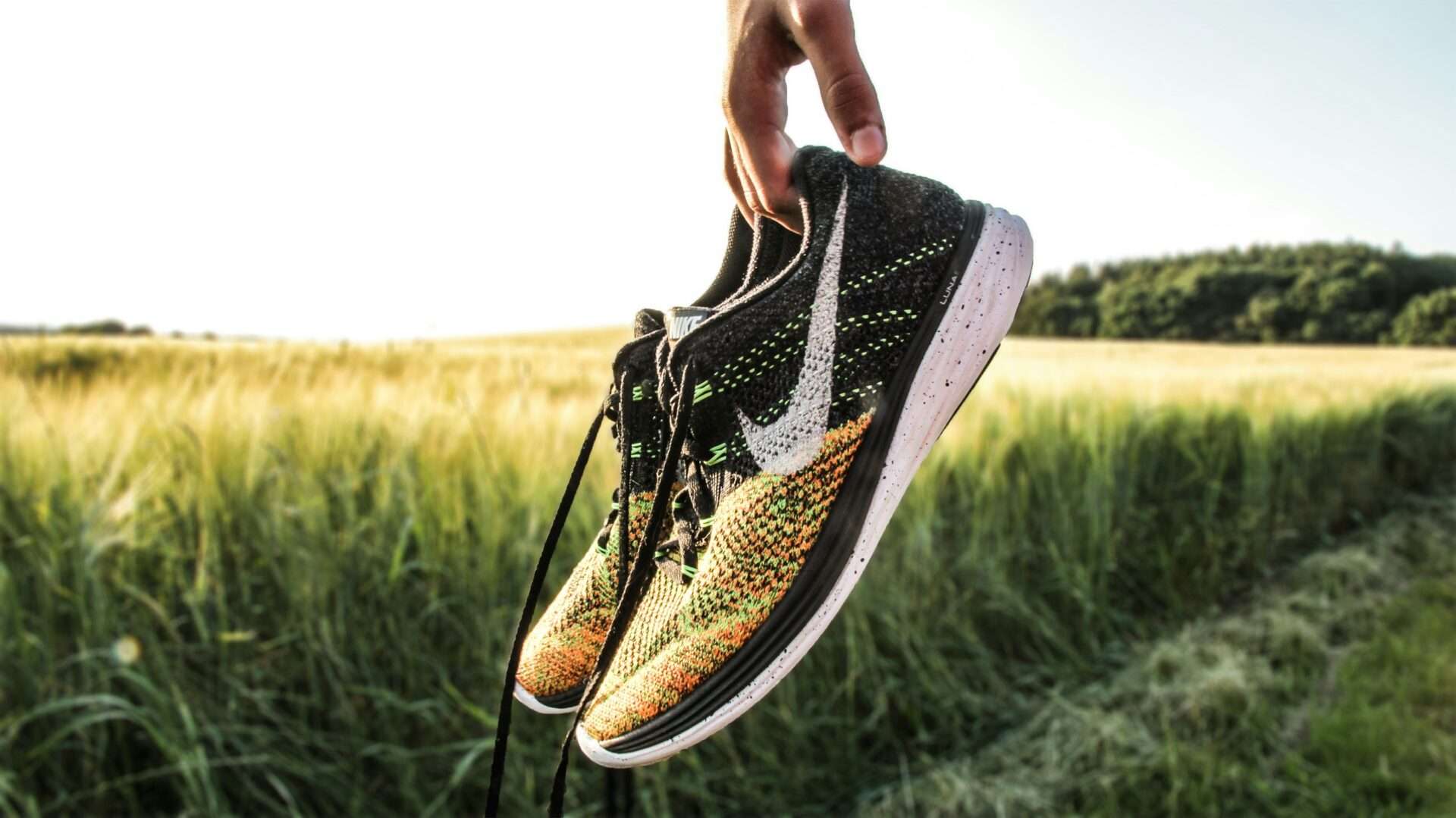The Best Running Shoes for Men
Finding the perfect running shoes can make all the difference in your training and race performance. This guide covers everything from proper fit to top brands, helping you make an informed decision for your running needs.
Key Considerations
- Match shoe type to your running gait and foot mechanics
- Prioritize proper fit over brand loyalty
- Consider terrain and distance when selecting shoes
- Replace shoes every 300-500 miles for optimal performance
Finding Your Perfect Running Shoe
Analyzing Your Running Mechanics
Understanding your running style is crucial for selecting the right shoe:
- Neutral runners: Look for balanced cushioning without stability features
- Overpronators: Need motion control or stability shoes
- Supinators: Require flexible shoes with extra cushioning
Foot Type Assessment
Determine your foot characteristics:
- Arch height: Wet test reveals low, normal or high arches
- Foot width: Measure at widest point for proper toe box fit
- Volume: Consider instep height and overall foot volume
Proper Fitting Guidelines
| Measurement | Ideal Fit |
|---|---|
| Length | Thumb’s width between longest toe and shoe end |
| Width | No foot spillage over midsole |
| Heel | Snug but not tight, minimal slippage |
Top Running Shoe Brands Compared
Nike Performance Lineup
- Air Zoom Pegasus: Versatile daily trainer
- Vaporfly NEXT%: Elite racing shoe with carbon plate
- React Infinity Run: Max cushioning for injury prevention
Adidas Innovation
- Adios Pro 3: Competition-ready energy return
- Ultraboost Light: Responsive cushioning for daily miles
- Takumi Sen: Precision speed shoe for short races
Brooks Support Systems
- Ghost: Balanced neutral trainer
- Adrenaline GTS: GuideRails stability technology
- Glycerin: Plush cushioning for long distances
Shoe Selection by Running Type
Road Running
Prioritize cushioning and energy return:
- Daily training: Brooks Ghost, Nike Pegasus
- Long runs: Hoka Bondi, Asics Gel-Nimbus
- Speed work: Saucony Endorphin Speed
Trail Running
Look for aggressive tread and protection:
- Technical trails: Salomon Speedcross
- Mixed terrain: Hoka Speedgoat
- Ultra distances: Altra Olympus
Racing Shoes
Lightweight with propulsive elements:
- 5K-Half: Nike ZoomX Streakfly
- Marathon: Adidas Adios Pro 3
- Trail races: Nike ZoomX Zegama
Frequently Asked Questions
- How often should I rotate shoes? Alternate between 2-3 pairs to extend lifespan
- Can I use road shoes on trails? Only for groomed paths – technical trails require specific shoes
- When to replace insoles? Consider replacement insoles at 200-300 miles if shoes feel dead
Final Recommendations
For beginners: Start with a neutral cushioned shoe like Brooks Ghost or Nike Pegasus
For marathon training: Consider a rotation of daily trainer, tempo shoe, and long run model
For trail runners: Match shoe to your typical terrain and distance



